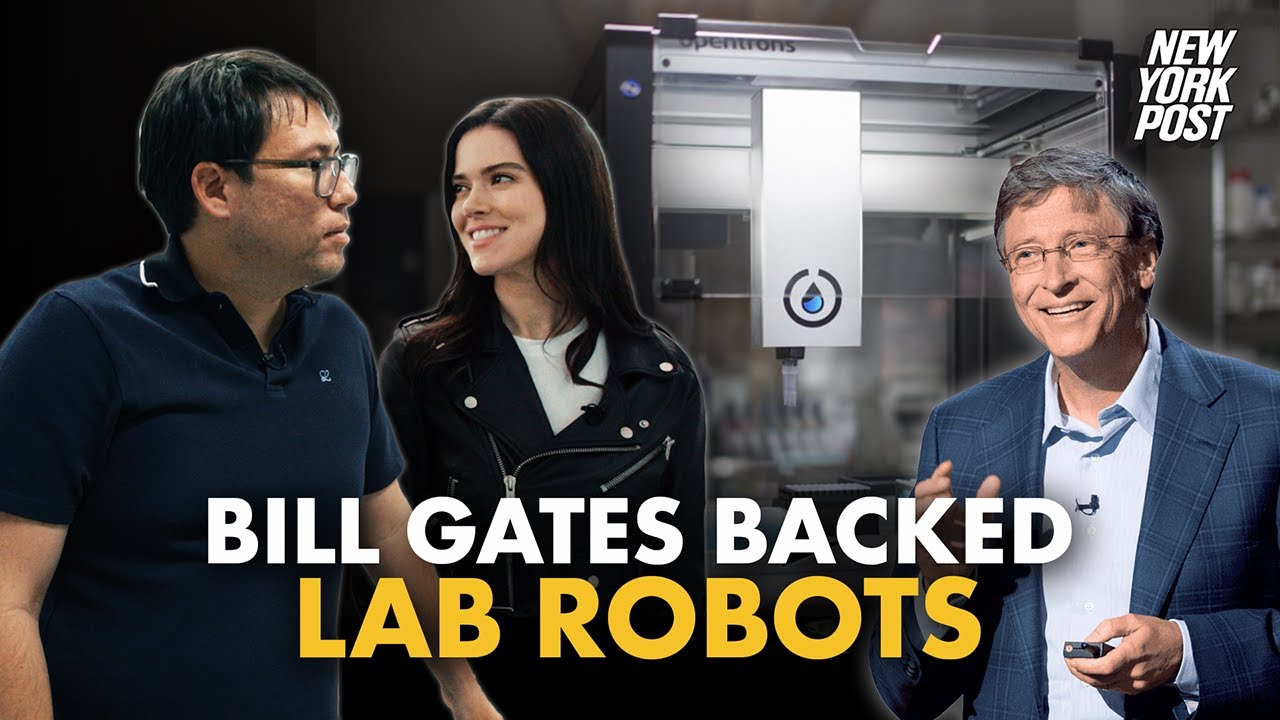The video highlights OpenR, a multi-billion dollar company developing AI-programmed robots, particularly OpenTron, which automate laboratory workflows and significantly reduced COVID-19 testing costs in New York City. Backed by Bill Gates, the company aims to revolutionize the pharmaceutical industry by making lab processes more efficient and affordable, ultimately democratizing access to advanced laboratory automation and improving healthcare accessibility.
In the video, the focus is on OpenR, a multi-billion dollar company based in Long Island City that develops AI-programmed robots for scientific applications. These robots have already made significant contributions, particularly during the COVID-19 pandemic, by providing affordable testing solutions that saved New York taxpayers billions of dollars. The company aims to revolutionize the pharmaceutical industry by making lab processes more efficient and cost-effective.
OpenR’s robots, known as OpenTron, are designed to automate various laboratory workflows, allowing scientists to program them for different tests and examinations. The company has prioritized user-friendliness by integrating AI technologies, such as ChatGPT, to simplify the programming process. This innovation enables scientists to conduct complex procedures, like Next Generation Sequencing (NGS), with ease, freeing them to focus on more valuable tasks that require their expertise.
During the pandemic, OpenR deployed around 40 robots to establish a COVID testing lab in New York City, which tested over 15 million people. This initiative significantly reduced testing costs by more than 80% compared to other methods, showcasing the robots’ potential to enhance efficiency and affordability in healthcare. The company’s efforts not only benefited individual patients but also alleviated financial burdens on taxpayers.
Bill Gates is mentioned as a key investor in OpenR, expressing interest in developing a comprehensive platform that can transform laboratory work. Gates envisions a collaborative ecosystem where third-party developers and scientists can create new applications and devices that integrate with OpenR’s robots. This approach aims to democratize access to advanced laboratory automation, making it available to scientists worldwide.
The video also touches on the business implications of OpenR’s technology in the pharmaceutical industry. By significantly lowering the costs of treatments, such as gene therapies, the company hopes to make these life-saving options more accessible to a broader population. This shift could fundamentally change the pricing dynamics in the industry, allowing for affordable healthcare solutions that benefit everyone.
